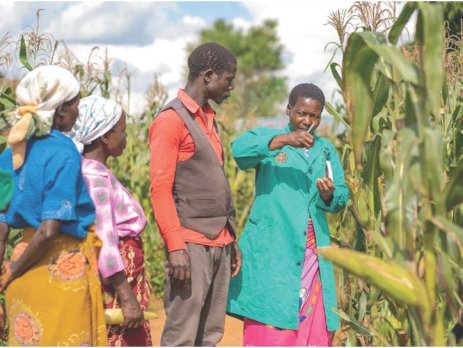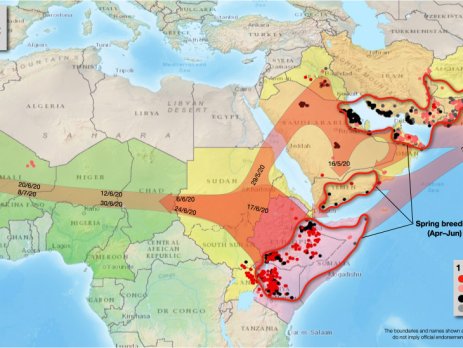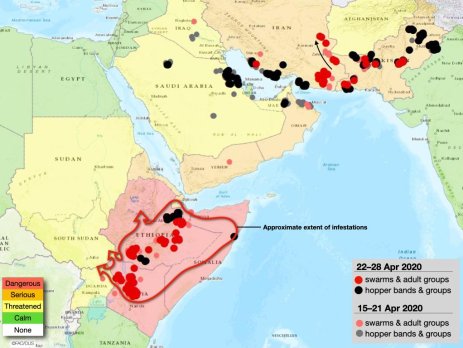Statement by ASARECA Board of Directors Chairman, Dr. Godffrey Mkamilo, on Changes in ASARECA
2023-11-18T13:38:59+00:00I would like to inform you all about some transitional changes within the ASARECA Secretariat. Professor Jean Jacques Mbonigaba Muhinda resigned as the Executive Director of ASARECA on 19thApril 2021, after serving the Organization for 30 months. To ensure business continuity in the implementation of the organization’s mandate and smooth transition:
FAO to Partner with FARA and Continental Institutions to push the African CSA Agenda
2023-11-18T13:49:38+00:00ACCRA – The Food and Agriculture Organization (FAO) has pledged its commitment to providing support for Africa’s climate-smart agriculture agenda. Speaking at the Biennial Climate-Smart Agriculture (CSA) stakeholders conference organized by the Forum for Agricultural Research in Africa, Dr. Ade Freeman, Regional Program Leader, FAO Regional Office for Africa, called on FARA to lead the charge to drive the continental CSA agenda. Dr. Freeman also indicated FAO’s readiness to provide financial...
CABI and ASARECA sign MoU to Strengthen Agricultural Research for Development
2023-11-18T13:47:28+00:00The Association for Strengthening Agricultural Research in Eastern and Central Africa (ASARECA) and CABI have signed a memorandum of understanding (MoU) that will enable both organisations to jointly work towards promoting their shared objectives and areas of strategic focus in Eastern and Central Africa.The signed MoU formalises and strengthens a long-standing partnership that has existed for over a decade, with each of the organisations individually or collectively contributing to numerous...
Desert Locust Invasion Update; 2nd June 2020
2023-11-18T13:54:48+00:00The locust invasion situation in East Africa remains alarming as new swarms from current breeding are expected to form from mid-June onwards, coinciding with the start of the harvest season.Kenya, Ethiopia and Somalia continue to face unprecedented threat to food security as the region battles with the impacts of COVID 19, ravaging floods in addition to the locust invasion. There is a risk that the new swarms will spread across the...
Desert Locust Invasion Update: 1st May 2020
2023-11-18T14:01:06+00:00The United Nations has predicted that the second wave of locusts expected in June-July in East Africa could be 20 times worse Delays in obtaining pesticides, helicopters, and other vital supplies have set back efforts to combat East Africa’s worst desert locust outbreak in decades. Speaking to the UN Security Council last week, David Beasley, executive director of the World Food Programme, mentioned the locusts as one of the reasons 2020 could see the world facing...





